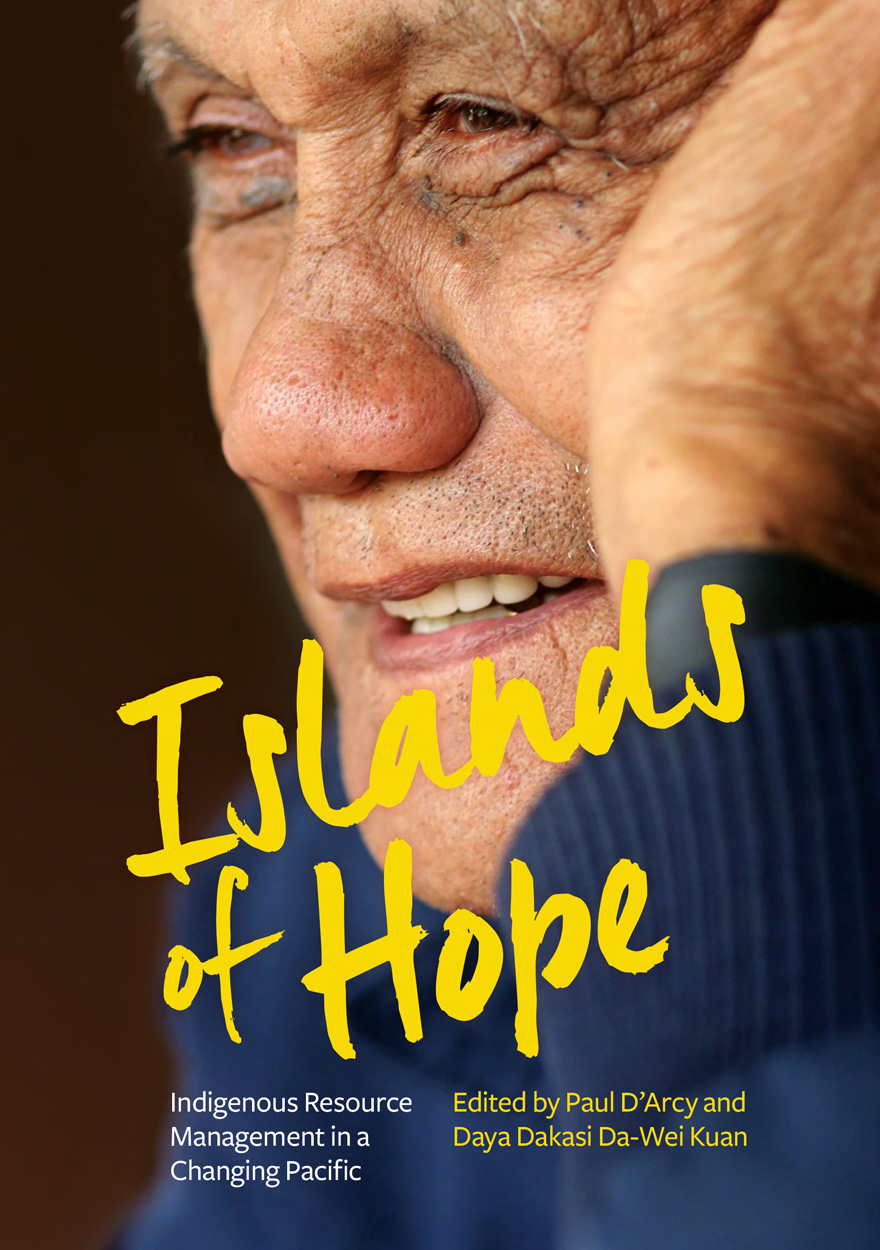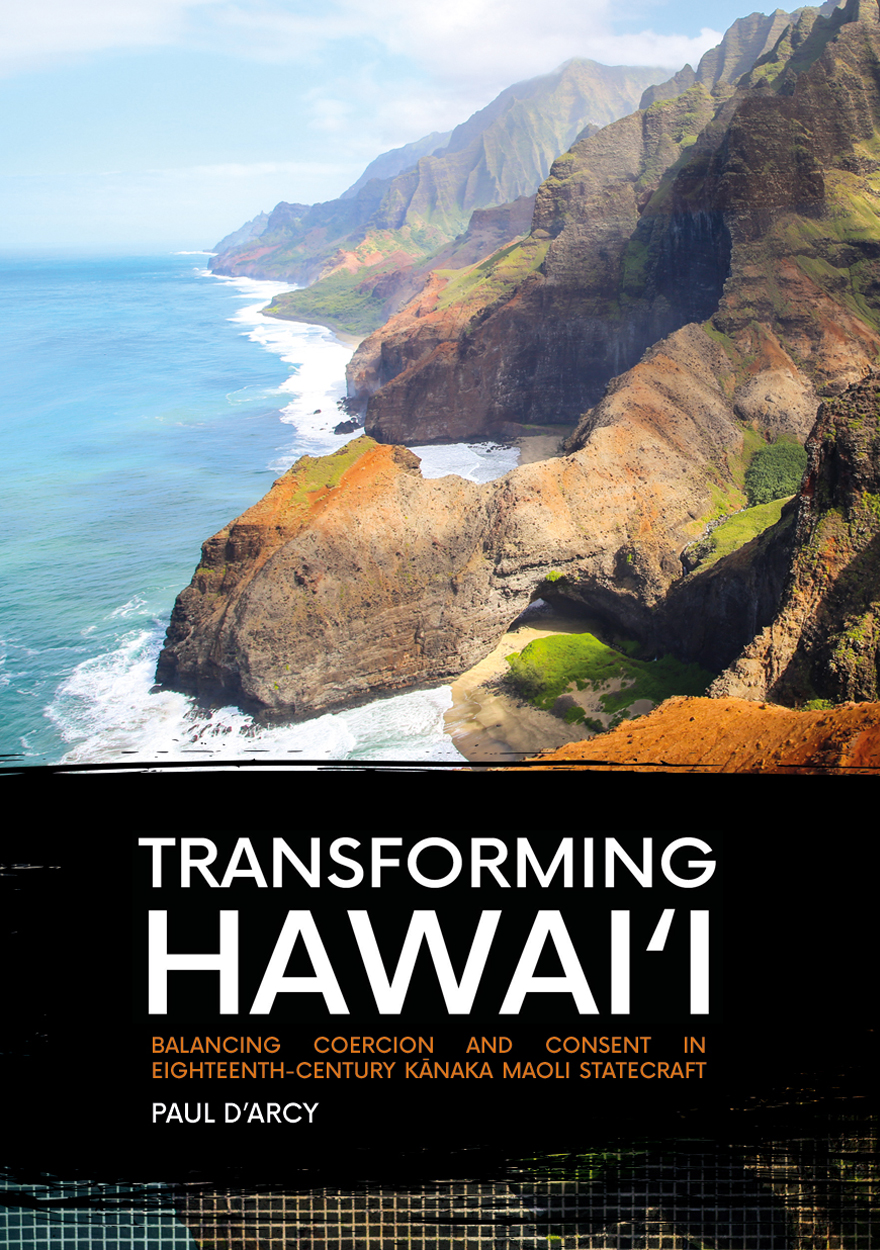Paul D’Arcy
Paul D’Arcy is a Pacific environmental historian in the Department of Pacific Affairs, in the Coral Bell School of Asia and Pacific Affairs, at The Australian National University.

Islands of Hope »
Indigenous Resource Management in a Changing Pacific
Edited by: Paul D’Arcy, Daya Dakasi Da-Wei Kuan
Publication date: May 2023
In the Pacific, as elsewhere, indigenous communities live with the consequences of environmental mismanagement and over-exploitation but rarely benefit from the short-term economic profits such actions may generate within the global system.
National and international policy frameworks ultimately rely on local community assent. Without effective local participation and partnership, these extremely imposed frameworks miss out on millennia of local observation and understanding and seldom deliver viable and sustained environmental, cultural and economic benefits at the local level.
This collection argues that environmental sustainability, indigenous political empowerment and economic viability will succeed only by taking account of distinct local contexts and cultures. In this regard, these Pacific indigenous case studies offer ‘islands of hope’ for all communities marginalised by increasingly intrusive—and increasingly rapid—technological changes and by global dietary, economic, political and military forces with whom they have no direct contact or influence.

Transforming Hawai‘i »
Balancing Coercion and Consent in Eighteenth-Century Kānaka Maoli Statecraft
Authored by: Paul D’Arcy
Publication date: June 2018
This study examines the role of coercion in the unification of the Hawaiian Islands by Kamehameha I between 1782 and 1812 at a time of increasing European contact. Three interrelated themes in Hawaiian political evolution are examined: the balance between coercion and consent; the balance between general structural trends and specific individual styles of leadership and historical events; and the balance between indigenous and European factors. The resulting synthesis is a radical reinterpretation of Hawaiian warfare that treats it as an evolving process heavily imbued with cultural meaning. Hawaiian history is also shown to be characterised by fluid changing circumstances, including crucial turning points when options were adopted that took elements of Hawaiian society on paths of development that proved decisive for political unification. These watershed moments were neither inevitable nor predictable. Perhaps the greatest omission in the standard discourse on the political evolution of Hawaiian society is the almost total exclusion of modern indigenous Hawaiian scholarship on this topic. Modern historians from the Hawai‘inuiākea School of Hawaiian Knowledge at the University of Hawai‘i at Mānoa argue that political leadership and socioeconomic organisation were much more concensus-based than is usually allowed for. Above all, this study finds modern indigenous Hawaiian studies a much better fit with the historical evidence than more conventional scholarship.



